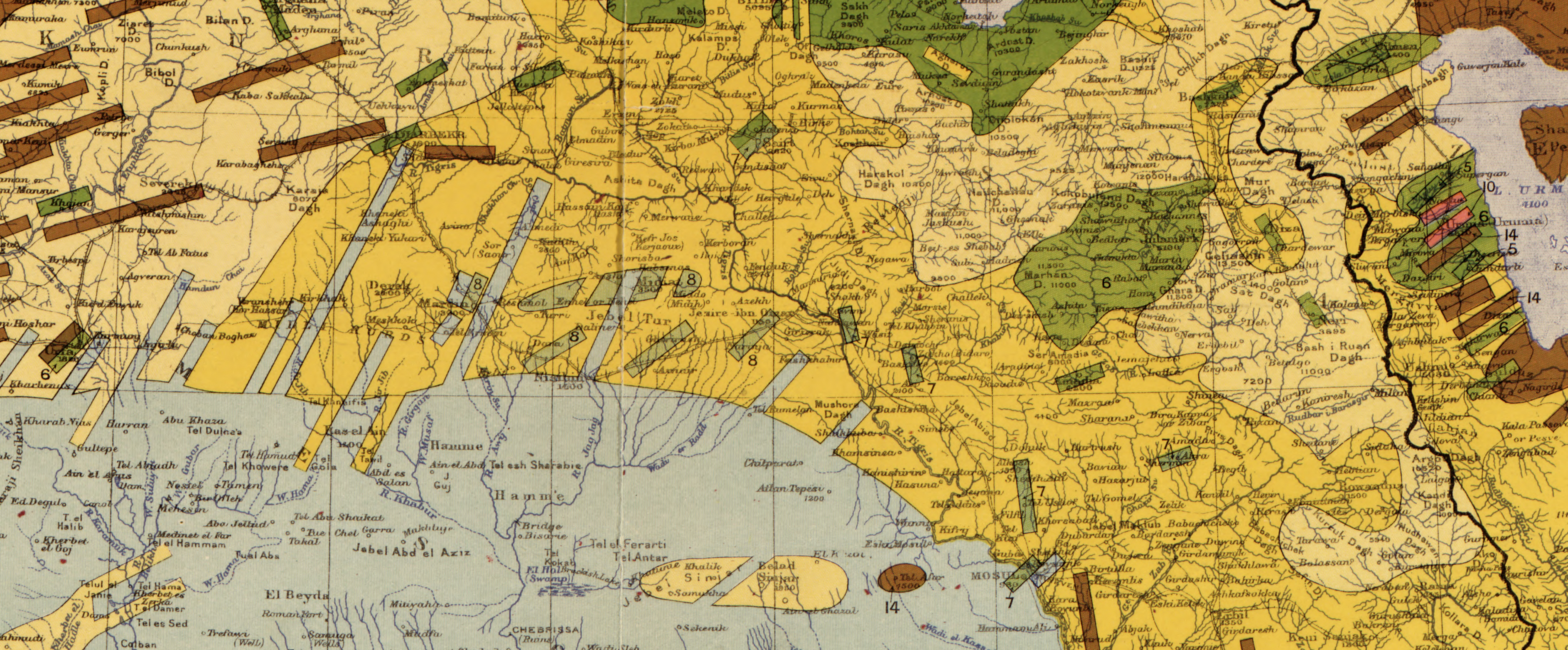Terms for Syriac Christians
 Terms for Syriac Christians are endonymic (native) and exonymic (foreign) terms, that are used as designations for Syriac Christians, as adherents of Syriac Christianity. In its widest scope, Syriac Christianity encompass all Christian denominations that follow East Syriac Rite or West Syriac Rite, and thus use Classical Syriac as their main liturgical language. Traditional divisions among Syriac Christians along denominational lines are reflected in the use of various theological and ecclesiological designations, both historical and modern. Specific terms such as: Jacobites, Saint Thomas Syrian Christians, Maronites, Melkites, Nasranis, and Nestorians have been used in reference to distinctive groups and branches of Eastern Christianity, including those of Syriac liturgical and linguistic traditions. Some of those terms are polysemic, and their uses (both historical and modern) have been a subject of terminological disputes between different communities, and also among scholars.
Terms for Syriac Christians are endonymic (native) and exonymic (foreign) terms, that are used as designations for Syriac Christians, as adherents of Syriac Christianity. In its widest scope, Syriac Christianity encompass all Christian denominations that follow East Syriac Rite or West Syriac Rite, and thus use Classical Syriac as their main liturgical language. Traditional divisions among Syriac Christians along denominational lines are reflected in the use of various theological and ecclesiological designations, both historical and modern. Specific terms such as: Jacobites, Saint Thomas Syrian Christians, Maronites, Melkites, Nasranis, and Nestorians have been used in reference to distinctive groups and branches of Eastern Christianity, including those of Syriac liturgical and linguistic traditions. Some of those terms are polysemic, and their uses (both historical and modern) have been a subject of terminological disputes between different communities, and also among scholars.Territorially, Syriac Christians are divided in two principal groups: Syriac Christians of the Near East, and Syriac Christians of India. Terminology related to Syriac Christians of the Near East includes a specific group of ethnoreligious terms, related to various Semitic communities of Neo-Aramaic-speaking Christians, that are indigenous to modern Syria, Iraq, Iran, Turkey, Lebanon, Israel, Jordan, and Palestine.
Syriac Christians of the Near-Eastern (Semitic) origin use several terms for their self-designation. In alphabetical order, main terms are: ''Arameans'', ''Assyrians'', ''Chaldeans'', ''Phoenicians'' and ''Syriacs''. Each of those polysemic terms has a complex semantic history. First four of those names are expressing and implying direct connections with distinctive Semitic peoples of the Ancient Near East (ancient Arameans, ancient Assyrians, ancient Chaldeans, and ancient Phoenicians), while the fifth term (''Syriacs'') stems from a very complex etymology of the term Syria, and thus has a wide range of onomastic meanings, both historical and modern.
Terminology related to several groups of Arab Christians and other Arabic-speaking Christians who are adherents of Syriac Christianity, presents a specific challenge. Some of those questions, related to geopolitical affiliations and cultural Arabization, are of particular interest for the remaining communities of Syriac Christians in Arab countries of the Near East. In modern times, specific terminological challenges arose after 1918, with the creation of a new political entity in the Near East, called Syria, thus giving a distinctive geopolitical meaning to the adjective ''Syrian''. Distinction between ''Syrian Christians'' as Christians from Syria in general, and ''Syriac Christians'' as Syriac-Rite Christians, is observed in modern English terminology. Provided by Wikipedia
-
1
-
2
-
3
-
4
-
5
-
6
-
7
-
8
-
9
-
10
-
11
-
12
-
13
-
14
-
15
-
16
-
17
-
18
-
19
-
20